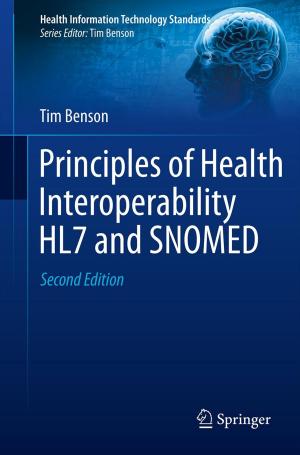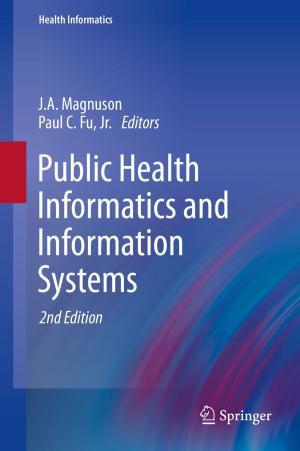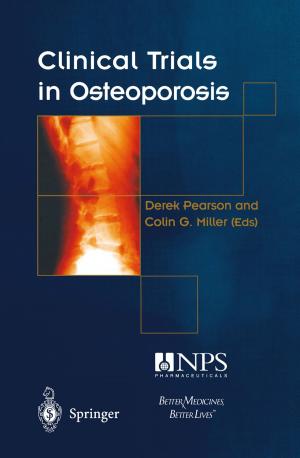Clinical In Vitro Fertilization
Nonfiction, Health & Well Being, Medical, Specialties, Family & General Practice, Gynecology & Obstetrics| Author: | ISBN: | 9781447133179 | |
| Publisher: | Springer London | Publication: | December 6, 2012 |
| Imprint: | Springer | Language: | English |
| Author: | |
| ISBN: | 9781447133179 |
| Publisher: | Springer London |
| Publication: | December 6, 2012 |
| Imprint: | Springer |
| Language: | English |
Man is entering a new era as a result of advances in human reproduction. Techniques have been developed to assist in the creation of man-artificial insemination and, now, in vitro fertilization (IVF). Soon, other new methods, based upon current advances of the IVF procedure, will develop to improve the quality of human reproduction. The book describes the conceptual framework and details of technique concerned with in vitro fertilization and embryo transfer (ET). Edwards and Steptoe first described the technique of IVF and ET and the subsequent births of two normal babies. Since then, the success rate of the system has been improved by the use of fertility drugs to provide more oocytes and preincubation to mature the oocyte before fertilization. As a result of the continued research from Melbourne and Cambridge, more than 100 babies have been born. A free interchange of information between the Cambridge and Melbourne groups has led to a predictable success rate of 15%-20% per laparoscopy, and infertility centres all over the world are now copying the techniques. It is an appropriate time to inform doctors and scientists to help them understand the various procedures involved in IVF and ET. While many advances will occur in the future, the establishment of high success rates in several of the critical steps in the procedure-oocyte pick-up rate (90%), fertilization (>90%) and early embryo development (70%-90% )-signifies that some of the new techniques are stabilized sufficiently to warrant transmission of information by text, rather than scientific journal.
Man is entering a new era as a result of advances in human reproduction. Techniques have been developed to assist in the creation of man-artificial insemination and, now, in vitro fertilization (IVF). Soon, other new methods, based upon current advances of the IVF procedure, will develop to improve the quality of human reproduction. The book describes the conceptual framework and details of technique concerned with in vitro fertilization and embryo transfer (ET). Edwards and Steptoe first described the technique of IVF and ET and the subsequent births of two normal babies. Since then, the success rate of the system has been improved by the use of fertility drugs to provide more oocytes and preincubation to mature the oocyte before fertilization. As a result of the continued research from Melbourne and Cambridge, more than 100 babies have been born. A free interchange of information between the Cambridge and Melbourne groups has led to a predictable success rate of 15%-20% per laparoscopy, and infertility centres all over the world are now copying the techniques. It is an appropriate time to inform doctors and scientists to help them understand the various procedures involved in IVF and ET. While many advances will occur in the future, the establishment of high success rates in several of the critical steps in the procedure-oocyte pick-up rate (90%), fertilization (>90%) and early embryo development (70%-90% )-signifies that some of the new techniques are stabilized sufficiently to warrant transmission of information by text, rather than scientific journal.















